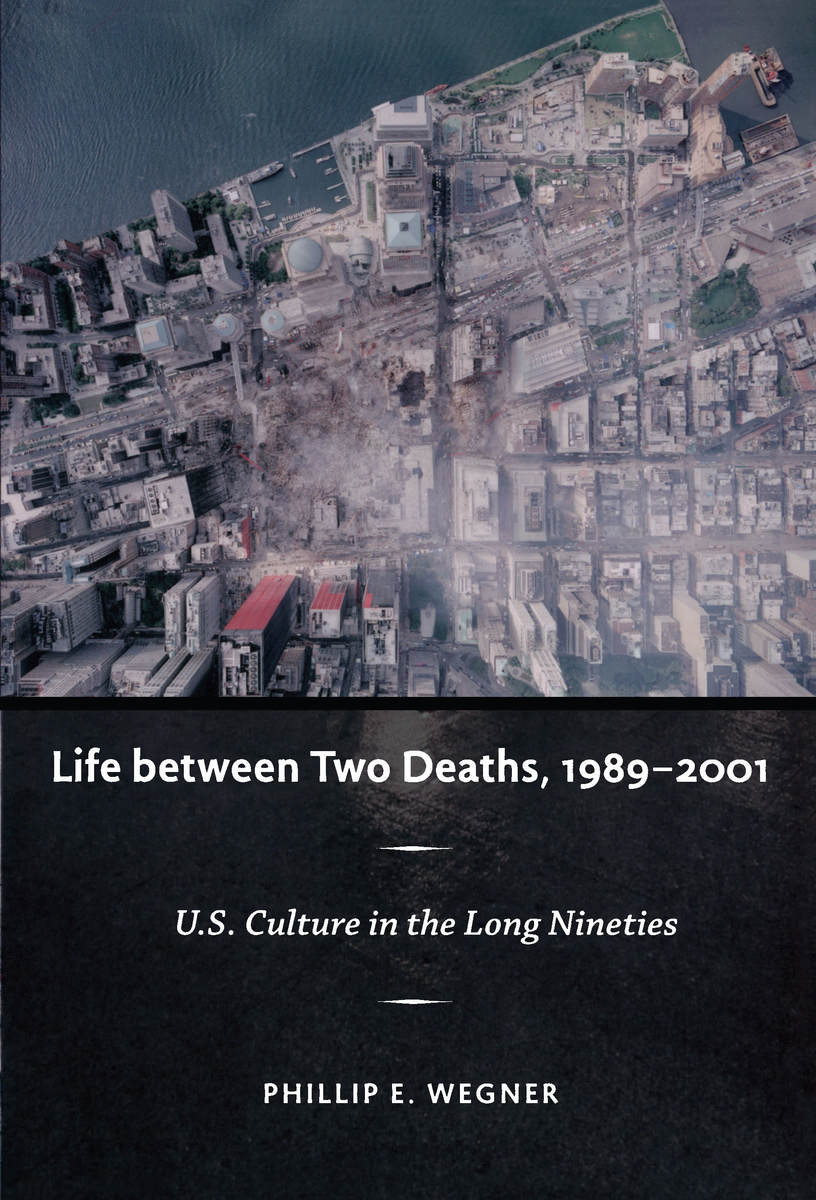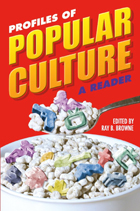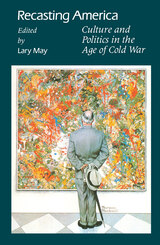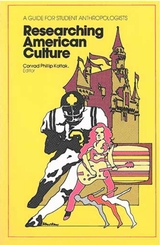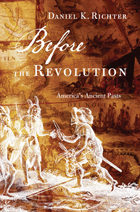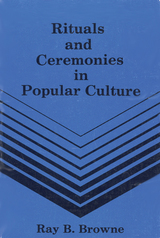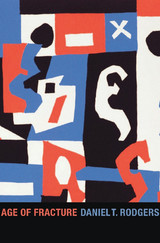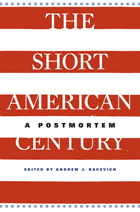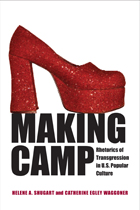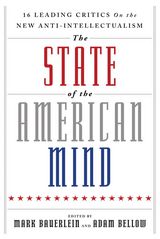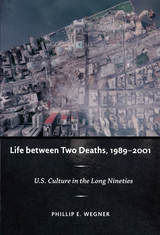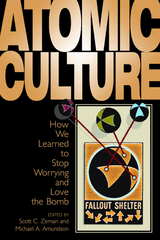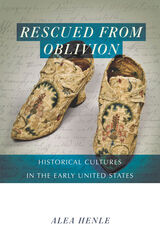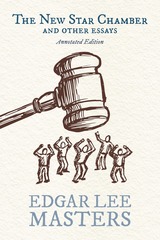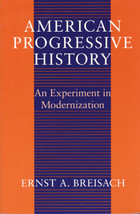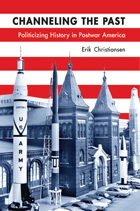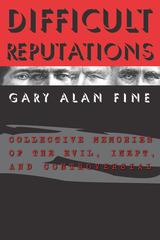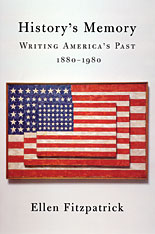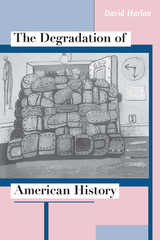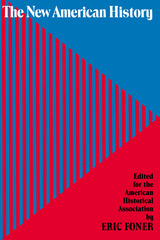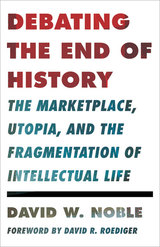“. . . Wegner’s readings are enlightening and truly fascinating. His handling of Buffy is an engaging exploration of the kinship structures articulated by that television series. . . . [H]is voyages into these cultural texts are highly nuanced and revealing” - Chadwick Jenkins, PopMatters
“This is a highly accomplished, original, expansive work that makes a valuable contribution to our understanding of 1990s American cultural production. . .” - Jennie Chapman, Utopian Studies
“Life between Two Deaths builds to a stirring defense not only of monstrous forms of community and agency that might point the way to a better future, but also—perhaps more important at the current juncture—of the ‘difficult, painful, and gradual process of education and action’ necessary to realize them (164). If the present moment feels like a return to the 1990s—with clear narratives of good and evil giving way to dispersed and at times wearying sites of political struggle—this may be an odd index of hope.” - Andrew Hoberek, American Literature
“Life Between Two Deaths demonstrates the vitality of theoretical discourse today, especially because, in Wegner’s methodology, theory and fiction both perform critical, theoretical work. . . . Wegner’s Life Between Two Deaths contributes to a growing body of scholarship that fi nds in the 1990s a coherent cultural period as well as a site of possibility, repetition, and transition. As such, it provides a theoretical and historical framework that should be generative for further work on the decade. . .” - Daniel Worden, Reviews in Cultural Theory
“Life between Two Deaths brims with insights and philosophical reflections in a unique and stylish combination. It offers some of the best interpretations I have seen of some of the most central cultural documents out there. Phillip E. Wegner stakes out as his period the years between the fall of the Berlin Wall and the collapse of the World Trade Center’s Twin Towers, chooses a number of important cultural artifacts, and tells us things about them that we would most likely not have thought of ourselves. His readings are fascinating.”—Bruce W. Robbins, author of Upward Mobility and the Common Good: Toward a Literary History of the Welfare State
“Life between Two Deaths is outstanding. Phillip E. Wegner’s close readings of significant American popular culture texts illuminate their significance as figurations of the period between the fall of the Berlin Wall and the 9/11 bombing. Combining cutting-edge theoretical analysis with the readings via very accessible prose, Wegner builds a powerful picture of the economic, political, cultural developments of the period. This is superior scholarship.”—Tom Moylan, author of Scraps of the Untainted Sky: Science, Fiction, Utopia, Dystopia
“[W]egner’s readings are enlightening and truly fascinating. His handling of Buffy is an engaging exploration of the kinship structures articulated by that television series. . . . [H]is voyages into these cultural texts are highly nuanced and revealing”
-- Chadwick Jenkins PopMatters
“Life between Two Deaths builds to a stirring defense not only of monstrous forms of community and agency that might point the way to a better future, but also—perhaps more important at the current juncture—of the ‘difficult, painful, and gradual process of education and action’ necessary to realize them (164). If the present moment feels like a return to the 1990s—with clear narratives of good and evil giving way to dispersed and at times wearying sites of political struggle—this may be an odd index of hope.”
-- Andrew Hoberek American Literature
“Life Between Two Deaths demonstrates the vitality of theoretical discourse today, especially because, in Wegner’s methodology, theory and fiction both perform critical, theoretical work. . . . Wegner’s Life Between Two Deaths contributes to a growing body of scholarship that fi nds in the 1990s a coherent cultural period as well as a site of possibility, repetition, and transition. As such, it provides a theoretical and historical framework that should be generative for further work on the decade. . .”
-- Daniel Worden Reviews in Cultural Theory
“This is a highly accomplished, original, expansive work that makes a valuable contribution to our understanding of 1990s American cultural production. . .”
-- Jennie Chapman Utopian Studies
